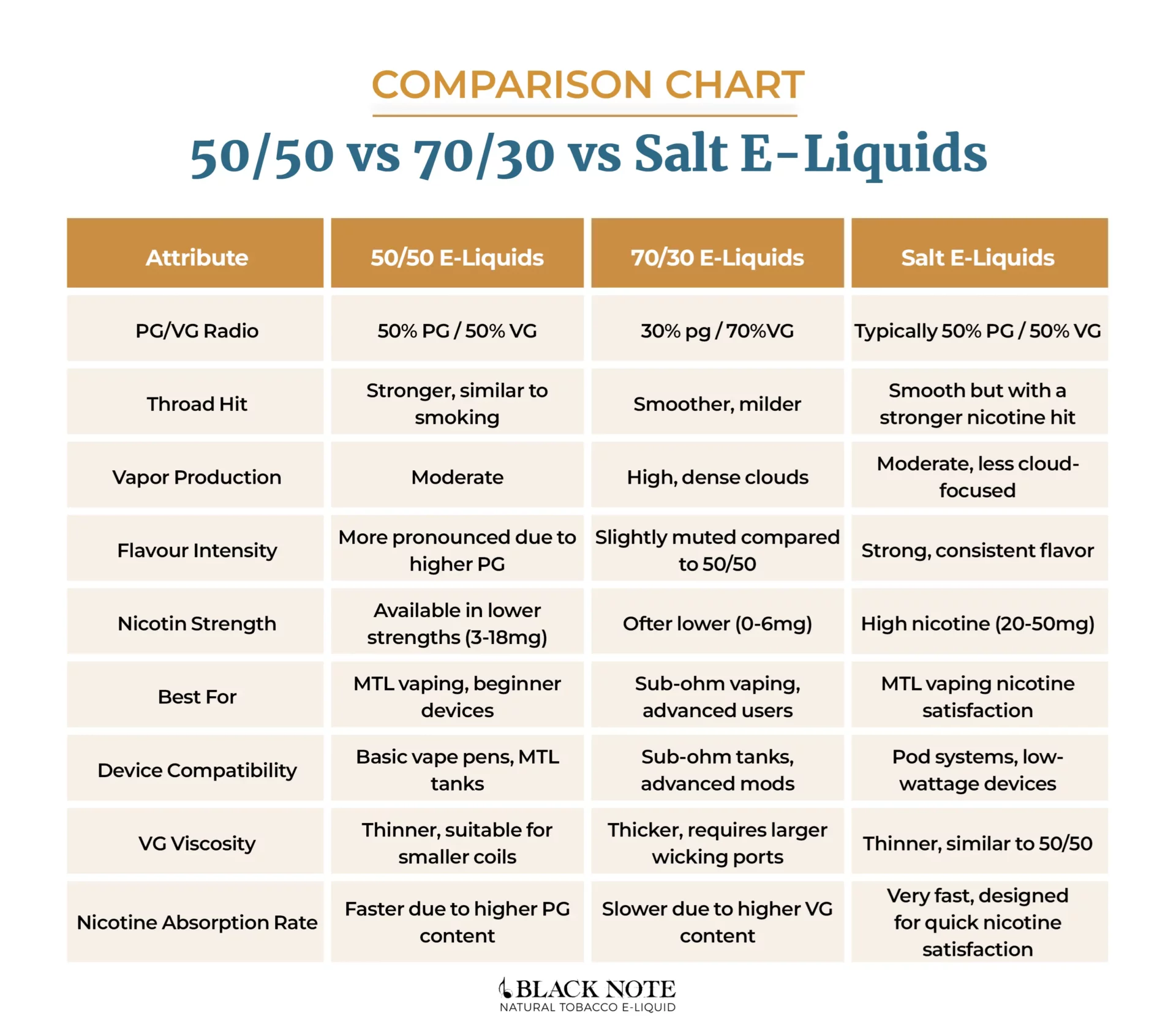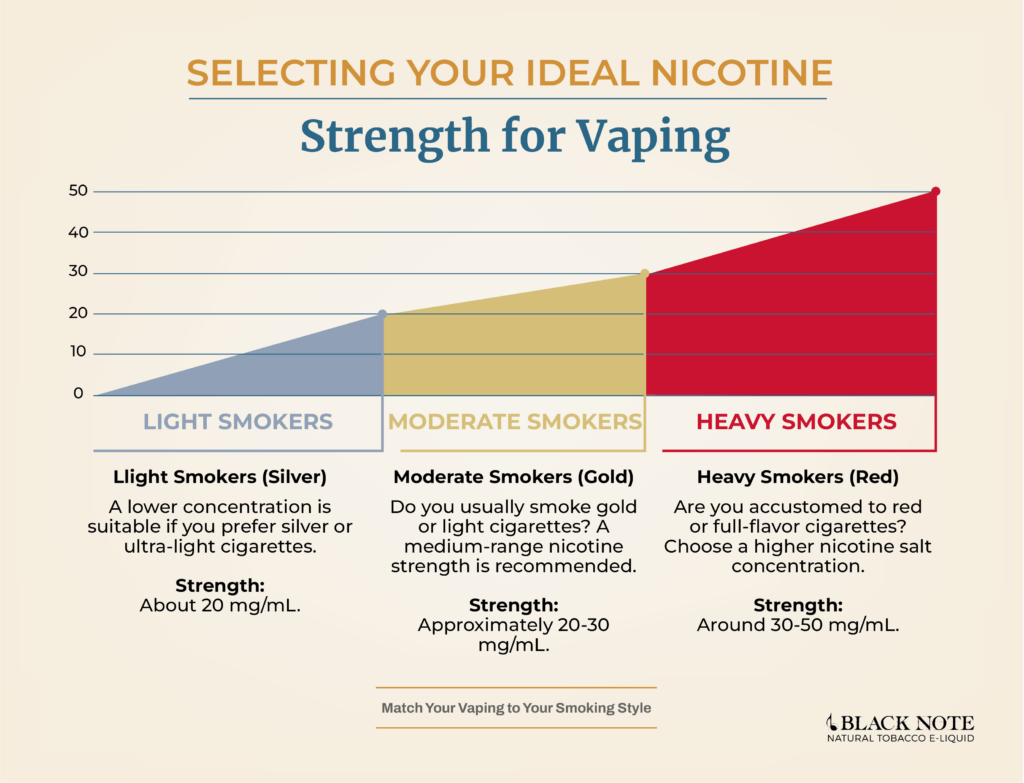What are the Benefits of Nicotine?

Due to its association with tobacco, nicotine has earned a reputation for being harmful over the years. Nicotine has been linked to cancer and emphysema. However, in its pure form, nicotine is good for our bodies, protecting the brain from aging and cutting down on the risks of Alzheimer’s, Parkinson and other health conditions.
Nicotine is a potent nootropic alkaloid found naturally in the nightshade family plants, some of which include tomatoes, eggplants, potatoes, and of course, tobacco. When we take nicotine orally or via inhalation, we get a temporary feeling of relaxation, an increased heartbeat, and a release of endorphins.
By separating nicotine from the tobacco plant, we can enjoy the many benefits of this unique chemical without being exposed to the dangerous toxins in cigarettes. E-liquids and electronic cigarettes are ways to the benefits of nicotine.
Nicotine seems to be neuroprotective, helping to prevent degenerative brain maladies. And it appears that the same properties that make nicotine a powerful potential weapon against neurological illnesses like Parkinson’s disease can also improve some brain functions for anyone who chooses to use it.
This article will take an evidence-based approach to understanding nicotine by exploring:
- What nicotine is and how it interacts with the body
- Potential cognitive and neurological benefits
- Nicotine’s role in neuroprotection and disease prevention
- The risks of nicotine and why delivery methods matter
By the end of this article, you’ll have a balanced understanding of nicotine’s effects and its role beyond traditional smoking.
What Is Nicotine and How Does It Affect the Body?
Nicotine is a naturally occurring alkaloid found in the tobacco plant (Nicotiana tabacum) and belongs to the same chemical family as caffeine. It is a stimulant that affects the central nervous system, influencing neurotransmitter activity in the brain.

When nicotine enters the body—whether through smoking, vaping, or nicotine replacement therapy (NRT)—it rapidly reaches the brain, triggering the release of dopamine, acetylcholine, norepinephrine, and serotonin. These chemicals regulate mood, focus, memory, and reward processing.
Key Short-Term Effects of Nicotine:
- Increases alertness and concentration by stimulating acetylcholine receptors.
- Triggers dopamine release, producing a temporary sense of pleasure and motivation.
- Enhances memory and learning, improving cognitive function.
- Suppresses appetite and boosts metabolism, which can influence weight regulation.
However, nicotine is also highly addictive, and its effects can vary depending on the method of delivery. While cigarettes expose users to thousands of harmful chemicals, alternative nicotine products (such as nicotine pouches, gum, and vaping) provide a cleaner form of nicotine without the toxic byproducts of combustion.
Nicotine’s Potential Role in Neuroprotection
Beyond cognitive enhancement, nicotine has been investigated for its potential neuroprotective properties in degenerative brain diseases such as Parkinson’s and Alzheimer’s.
Nicotine’s role in protecting against Alzheimers
No cure has yet been found for Alzheimer’s. Still, nicotine shows promise in delaying the onset of the disease and mitigating the symptoms of the disease due to its neuroprotective effects.
Research has increasingly explored the intriguing possibility that nicotine could have neuroprotective properties that might be beneficial against Alzheimer’s disease. Nicotine, a compound traditionally associated with tobacco use, has been observed in various studies to potentially enhance cognitive function and could provide protective effects against Alzheimer’s.
Nicotine appears to interact with nicotinic acetylcholine receptors in the brain, which are involved in cognitive processes. These receptors decrease in number and functionality in Alzheimer’s patients. Nicotine’s stimulation of these receptors may enhance cognitive functions and neuronal resilience, suggesting a potential therapeutic pathway for slowing the progression of Alzheimer’s (NCBI, 2021).
Moreover, Healthline discusses experimental findings where nicotine administration to non-smoking Alzheimer’s patients showed improved attention and memory, which are often impaired in Alzheimer’s disease (Healthline, 2021). Similarly, Medical News Today highlights studies indicating that nicotine could reduce or delay the onset of Alzheimer’s symptoms, providing a compelling argument for further research into nicotine-based treatments (Medical News Today, 2021).
No evidence of the efficacy of nicotine for Alzheimer’s disease Nicotine has been related to recovery of memory in humans and animal models and some observational studies have been compatible with a protective effect of nicotine inhalation against Alzheimer’s disease. At present, there is great controversy over this possible effect of tobacco use, and evidence is inconclusive. This review found no evidence on which to recommend nicotine for Alzheimer’s disease.
These findings collectively underscore the need for cautious but focused research into how nicotine or nicotine-mimicking drugs could be developed into safe therapeutic options for Alzheimer’s disease. While promising, it is essential to balance these potential benefits against the well-known risks associated with nicotine, particularly from smoking.
Its role in protecting against Parkinson’s Disease
Nicotine’s potential protective effects against Parkinson’s disease are grounded in its interaction with the brain’s dopaminergic system, which is central to Parkinson’s pathology. Studies suggest that nicotine may enhance dopamine pathways, which could potentially mitigate the decline in motor and cognitive functions typical of Parkinson’s.
Research findings indicate that nicotine could stimulate neuronal receptors, thereby offering neuroprotective effects that might slow the progression of the disease or reduce the severity of symptoms (NCBI, 2015; Nature, 2021; NCBI, 2005; Acta Neuropathologica Communications, 2018).
While the evidence suggests promising avenues for using nicotine or nicotine analogues in therapeutic strategies, it is crucial to consider the potential risks and ensure that any benefits significantly outweigh them. The ongoing research continues to explore how these effects can be safely harnessed to aid those suffering from Parkinson’s disease.
VAPE GUIDE
New to Vaping or Black Note?
Whether you're transitioning from smoking to vaping or seeking an upgrade to natural tobacco e-liquids, Black Note has you covered. Our quick, 15-second quiz and comprehensive guide are tailored to help both smokers and current vapers discover their ideal natural vaping alternatives.
Boosts memory and promotes wakefulness
Nicotine acts on the brain’s attention-processing regions helping to boost memory and cognitive performance. Enhancing the brain’s electrical activity through alpha brainwave activities keeps you alert, attentive, and creative. Also, it enhances areas of your brain that control with motor activation, arousal, and visual attention. These brain regions where nicotine acts are the thalamus, occipital cortex, caudate, and parietal cortex.
Nicotine has been studied for its stimulating effects on the brain, particularly in enhancing memory and promoting wakefulness. Research indicates that nicotine interacts with nicotinic acetylcholine receptors, which are crucial for alertness and cognitive functions. A study highlighted in a 2000 publication in Neuron suggests that nicotine can improve attention and memory, potentially offering therapeutic benefits for individuals with cognitive impairments (Neuron, 2000).
Further studies confirm that nicotine enhances certain cognitive functions. For instance, nicotine has been shown to improve attention, learning, and problem-solving abilities. It appears to do this by modulating neurotransmitter release, which in turn affects neuronal excitability and plasticity, enhancing both learning and memory processes (NCBI, 2000; NCBI, 2010).
Promotes weight loss
It’s a long-standing fact that smokers tend to have lower body mass than their non-smoking counterparts. But what exactly is responsible for this lower body mass? Research conducted on mice concluded nicotine suppressed their appetite. They reduced their food intake by almost 50% and lost up to 20% of their body mass. Also, nicotine intake can suppress appetite, improves insulin sensitivity, and reduces blood sugar levels.
Nicotine’s influence on weight loss is notably documented in several studies, suggesting that it may suppress appetite and increase metabolism. According to research, nicotine activates certain receptors in the brain, which may reduce appetite and lead to decreased food intake, contributing to weight loss. This effect is supported by a study from Medical News Today, which discusses how vaping, often used as a method of nicotine delivery, is perceived by some users as a tool for weight management (Medical News Today, 2021).
Reduces Symptoms of ADHD
ADHD is one of the most common behavioral disorders in children and adults, leading to problems with attention, impulsiveness, and restlessness.
Nicotine has been investigated for its potential effects on Attention Deficit Hyperactivity Disorder (ADHD). Studies suggest that nicotine may alleviate some symptoms of ADHD, such as improving attention and reducing hyperactivity and impulsivity. Nicotine’s interaction with the brain’s neurotransmitter systems, particularly those involving dopamine and norepinephrine, is believed to contribute to these effects. Research highlighted by Healthline discusses anecdotal evidence and some scientific studies supporting the use of nicotine to mitigate ADHD symptoms (Healthline).
Further studies, including those found in the National Library of Medicine, reinforce the idea that nicotine can modulate aspects of attention and behavior that are typically problematic in ADHD (NCBI, 2009; PubMed, 1996). While the therapeutic potential of nicotine in ADHD treatment is intriguing, it’s crucial to weigh these benefits against the known risks associated with nicotine use, particularly addiction.
PREMIUM TOBACCO E-LIQUIDS
Authentic Flavors, Unmatched Quality
Step into Black Note's world and explore a premium selection of natural tobacco e-liquids. Crafted for the discerning smoker and vaper.
Helps relieve depression
Nicotine has been explored for its potential effects on depression, with some studies suggesting it might help alleviate symptoms. Nicotine interacts with the brain’s neurotransmitter systems, which may influence mood and emotional regulation.
While nicotine’s stimulating effects can temporarily boost mood and provide a sense of relief from depressive symptoms, it’s important to approach its use cautiously due to the risk of addiction and other health issues associated with nicotine products. For more detailed insights into nicotine’s effects on depression, consider reading the full article on News Medical (News Medical).
It supports a healthy gut
Ulcerative colitis is a disease common among non-smokers and ex-smokers, and research reveals that it’s the anti-inflammatory properties of nicotine that helps protects smokers from this condition.
Ulcerative colitis is a chronic inflammatory bowel disease affecting the gut lining. In clinical studies, patients with ulcerative colitis, showed significant improvements.
Interested to learn more? You can read about our 9-step process here.
The Risks of Nicotine and Why Delivery Methods Matter
While nicotine may offer potential cognitive and neuroprotective benefits, it is still a highly addictive substance. However, the method of nicotine delivery plays a significant role in determining its risks.
Why Cigarettes Are the Most Harmful Nicotine Source
Traditional cigarettes are responsible for over 480,000 deaths annually in the U.S. due to their toxic chemical composition. While nicotine itself is not a carcinogen, cigarette smoke contains:
- Tar, which damages lung tissue and leads to cancer.
- Carbon monoxide, which reduces oxygen supply in the bloodstream.
- Benzene and formaldehyde, which are toxic and linked to leukemia and other diseases.
Nicotine in Alternative Products: A Safer Approach?
Nicotine can be consumed in safer ways that eliminate the harmful effects of combustion:
- Nicotine patches, gum, and lozenges (Nicotine Replacement Therapy – NRT).
- Vaping (E-cigarettes), which eliminates tar and carbon monoxide.
- Nicotine pouches or lozenges, which do not involve inhalation.
Public health experts, including those from the Royal College of Physicians (UK), emphasize that nicotine itself is not the problem—smoking is.
FAQ’s
Can nicotine really improve cognitive functions?
Yes, studies suggest nicotine may enhance memory and alertness by interacting with nicotinic acetylcholine receptors in the brain.
Is nicotine safe for use in medical treatments?
While nicotine has potential health benefits, its use in medical treatments must be carefully managed to avoid addiction and other side effects.
How does nicotine potentially protect against Parkinson’s disease?
Nicotine might offer neuroprotective effects that slow the progression of Parkinson’s by stimulating dopamine pathways.
What are the risks of using nicotine for its health benefits?
While nicotine has potential benefits, it can also be addictive and have side effects. Its use should be carefully considered, especially in non-smokers.
Can nicotine replace other stimulants in cognitive therapy?
Nicotine’s role in cognitive therapy is still under investigation. It may enhance attention and memory but is not typically prescribed due to its addictive properties.
How does nicotine impact long-term neurological health?
The long-term impact of nicotine on neurological health can vary. While it might offer protective benefits against certain neurodegenerative diseases, the risks of prolonged nicotine use are not fully understood and require more research.
Key takeaways
In conclusion, despite its poor reputation, it’s clear that nicotine has so many good things it does for the body and the mind. Thanks to e-liquids and vaping, there are ways to enjoy the calming effects of nicotine in its pure state.
Nicotine is a healthy alternative to conventional cigarettes; there’s much more to learn about nicotine, vaping, and e-liquids.
Nicotine, often vilified due to its association with smoking, exhibits several potential health benefits that are distinct from the harms of tobacco use. Research suggests that nicotine may offer neuroprotective effects, enhance cognitive function, aid in weight management, and alleviate symptoms of ADHD and depression. As we continue to study nicotine’s properties, it becomes clear that its judicious use could have significant therapeutic potential.
Subscribe to our email newsletter to learn about vaping safety, new devices, and natural tobacco e-Liquids.
Disclaimer
The information provided in this blog post is for educational and informational purposes only. This information is not intended as health or medical advice. Always consult a physician or other qualified health provider regarding any questions you may have about a medical condition or health objectives.
The views and opinions expressed in this blog are those of the author and do not necessarily reflect the official policy or position of any other agency, organization, employer, or company, including Black Note and its affiliates. The author, who is not a medical professional, writes this blog post without intending to offer medical advice or replace advice or treatment from a personal physician.
This blog post discusses tobacco products, e-cigarettes, and related substances, intended solely for adult use and potentially harmful to health. We advise all readers/users of this content to quit smoking and/or vaping, or to consult a doctor before starting or continuing to smoke and/or vape.
The author, the blog, Black Note, and its affiliates assume no responsibility for any actions or inaction a reader takes based on the information presented in this blog. We do not intend this content to promote smoking or vaping, and readers should interpret it accordingly.
Stay connected with Black Note!
Subscribe to receive exclusive discounts, expert vaping tips, and updates on the latest devices directly to your inbox.










